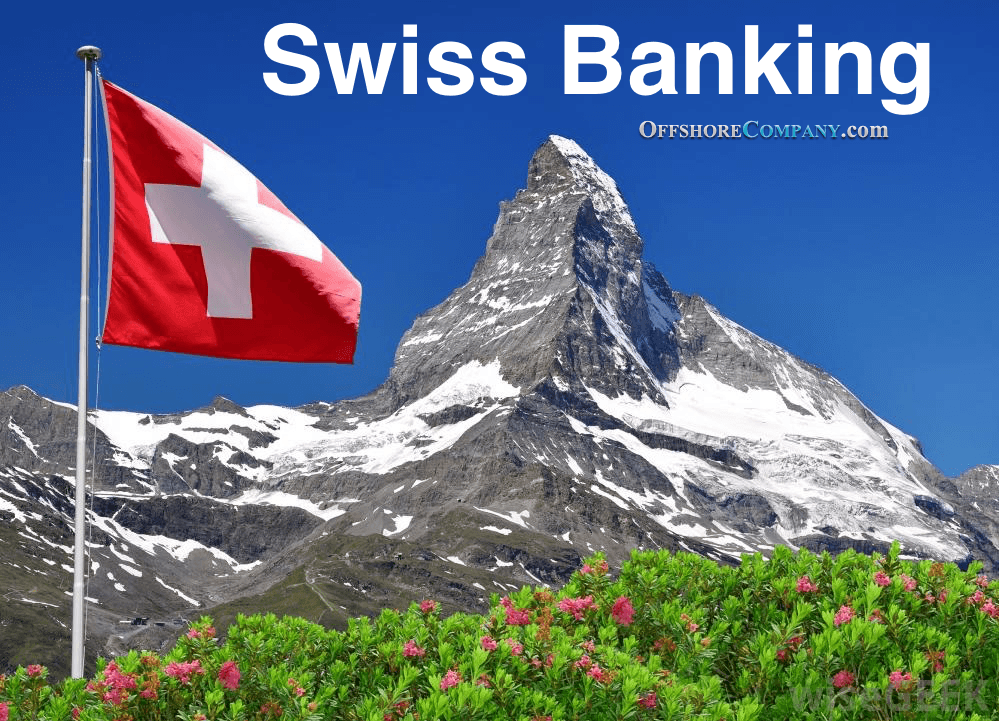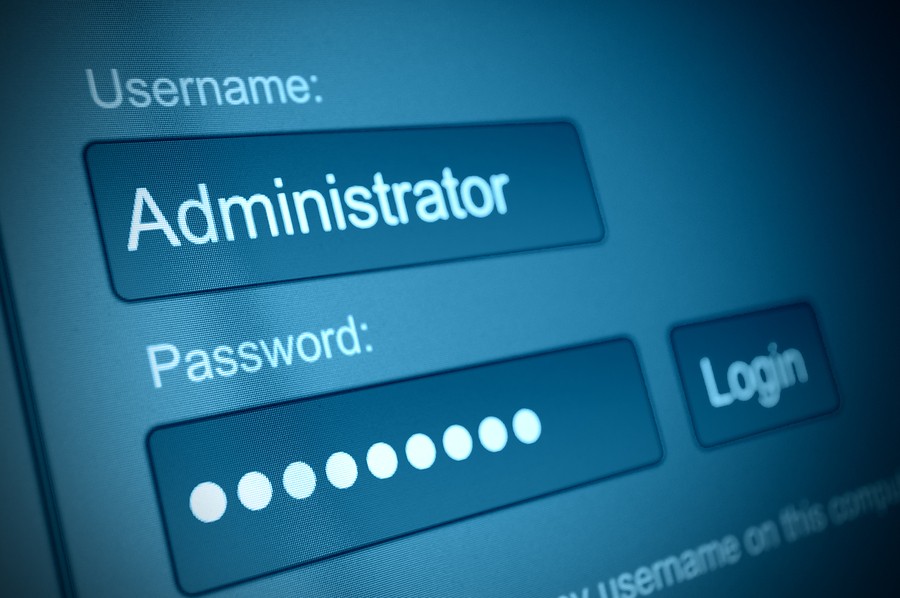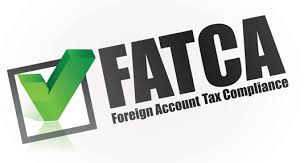Chapter 12

Swiss Banking has long been associated with professional, discreet, secure banking. It is a jurisdiction renown for its neutrality and adherence to the principles of banking confidentiality. Individuals most commonly turn to Swiss banks two reasons. First, many are looking to safeguard substantial assets from public scrutiny. Second, a number of individuals turn to Switzerland to relieve the burden of heavy-handed taxation. Both groups have traditionally looked to the Swiss Bank consortium as a very attractive option.
And these services are nothing new. Swiss bank accounts have been the leader in international banking for decades. That is thanks in no small part to political unrest and civil strife around the globe. They have been leaders in financial safety and stability for literally hundreds of years. In fact, the world has witnessed this from the days of Louis the XIV. Further, it has continued to the days preceding the French revolution and on through both World Wars. Safeguarding assets and capital from untoward taxation or suppressive governments was the common thread. Accordingly, the discerning depositor looked to Switzerland to provide those services.
The reason that Swiss banking has developed this praiseworthy offshore banking reputation is this. Its prominence is based squarely on the fact that Switzerland has very sophisticated legislation and regulations in place. The legislature dictates specific parameters for its banks. Moreover, they favor the securing and confidentiality of its foreign-deposit accounts, where possible. Further enhancing this reputation is that Swiss banks offer unprecedented professionalism. Moreover, they demonstrate utter reliability in arguably the most stable banking environment in the world.

History of Swiss Banking
Modern day Swiss Banking confidentiality can trace its origins to the Swiss Banking Law of 1934. Their government enacted the law in large part because of the looming German Nazi threat and political turmoil in France. Both entities attempted to press Swiss banks into divulging depositor information in the name of the “good of the state.”
The Swiss responded with the Banking Law of 1934. This law basically outlined the rules of account confidentiality. It also provided a legal basis for such. Finally, it provided for criminal penalties from those who undermined the confidentiality of depositor accounts. This resulted in the current situation that basically (and simply put here) holds the rules and regulations as inflexible. That is, with respect to deposit and transactional confidentiality, and the identities of depositors or account. They do not relinquish banking histories lightly. There must be a substantial criminal allegation before a governmental agency, especially a foreign one, can pierce this confidentiality shield.

Taxation
Even an accusation of tax evasion would hardly be enough to pierce through the confidentiality regulations of a Swiss bank. The accusation simply isn’t a serious enough offense in Switzerland, amounting to nothing more than a misdemeanor. It certainly is not enough to compromise its rules. The accusation must be of a serious nature in order for a Swiss bank to even consider compromising its rules. That said, we highly recommend tax compliance with your jurisdiction of residence and/or citizenship.
By most estimates or measures, Swiss banks hold a full third of all monies held in offshore accounts. Considering the sheer number of Offshore, haven jurisdictions in existence, this is a remarkable figure. Swiss banks hold an estimated $2 trillion US plus is a de facto statement. Thus, Switzerland is still the absolute standard when it comes to providing a stable, confidential banking environment.

Numbered Swiss Bank Accounts
The exotic-sounding “numbered bank account” is nothing more than an account identified by a number. A number rather than a depositor name identifies the account. Swiss banks set the standards for secrecy with their numbered accounts. Even so, there must be an actual named person linked to a numbered account. But the bank closely holds the identity. It is unbeknownst to but to a few senior banking officials in the Swiss bank in which it is held.
These accounts obviously provide for an even deeper-level of confidentiality. They can be quite useful, for example, to a corporation or famous entity on the verge of a major acquisition. There could be transactions where it needs to amass assets without alerting competitors, the media, or other potentially hostile entities. One thing should be obvious from the reading above. Even with a numbered Swiss bank account, a bank can never assure absolute anonymity; especially in criminal matters. But the Swiss numbered account is as close as an account can get to complete discretion.

Swiss Banking Today
Some older institutions may wither and die with changing technologies. There may be techniques that obsolete their purpose or methodology. This is absolutely not the case with the Swiss banking institution. Swiss banking has adapted rapidly in response to the whirlwind technological pace set by today’s world. From electronic funds transfers, to the mega-bit encryption security technologies, Swiss banks are at the forefront of the modern banking practice. Mostly gone are the days of hard signature cards and suit-case in hand meetings. They are now replaced ever so incrementally with electronic signatures and internet-based “wire” transfers of assets. Tax compliance part of the game today. International anti money laundering standards are in place to keep the good guys in and the bad guys out.

FATCA
With the onset of the Foreign Account Tax Compliance Act (FATCA) in the US, banks that want to transmit US currency must provide tax transparency for US account holders. The US congress enacted the legislation on March 18, 2010 (26 USC § 6038D) and expanded it on December 31, 2012 (26 USC §§ 1471-1474). The purpose was to enforce international tax collection. A study from Texas A&M concluded that the act will create less than $2.5 billion in revenues over an 11 year period. (This is as opposed to Congress’s $8.7 billion initial estimate over the same time period.) A report in Forbes, however, indicates that the cot to enforce FATCA during those years will cost $8 billion.
As a result of the high cost of compliance, many Swiss banks have decided to not accept US-based clients. However, there are several banks in Switzerland who do accept US-clients. Thus, to offset this cost, the banks who do accept Americans have minimum deposit requirements for them at around $250,000 to $1 million US.

Investment Services
Today, Swiss banks also act as investment houses. They employ some of the most skilled money managers. So, there are options to trade stocks, bonds, mutual funds and precious metals online. Alternatively, you can have a trained financial advisor oversee your portfolio.

Conclusion
It should be obvious that Swiss banks continue to provide real world, attainable solutions to the many issues facing today’s successful businessman or woman; especially when it comes to safeguarding their liquid assets. Whether it be protection from undue regulation, political turmoil, economic uncertainty, or even a litigious former spouse, a Swiss banking account may just be the solution you were looking for.
| [1] | [2] | [3] | [4] | [5] | [6] | [7] | [8] | [9] | [10] | [11] | [12] | [Bonus] |


